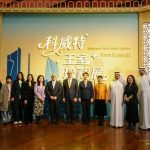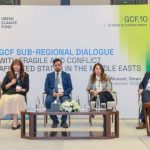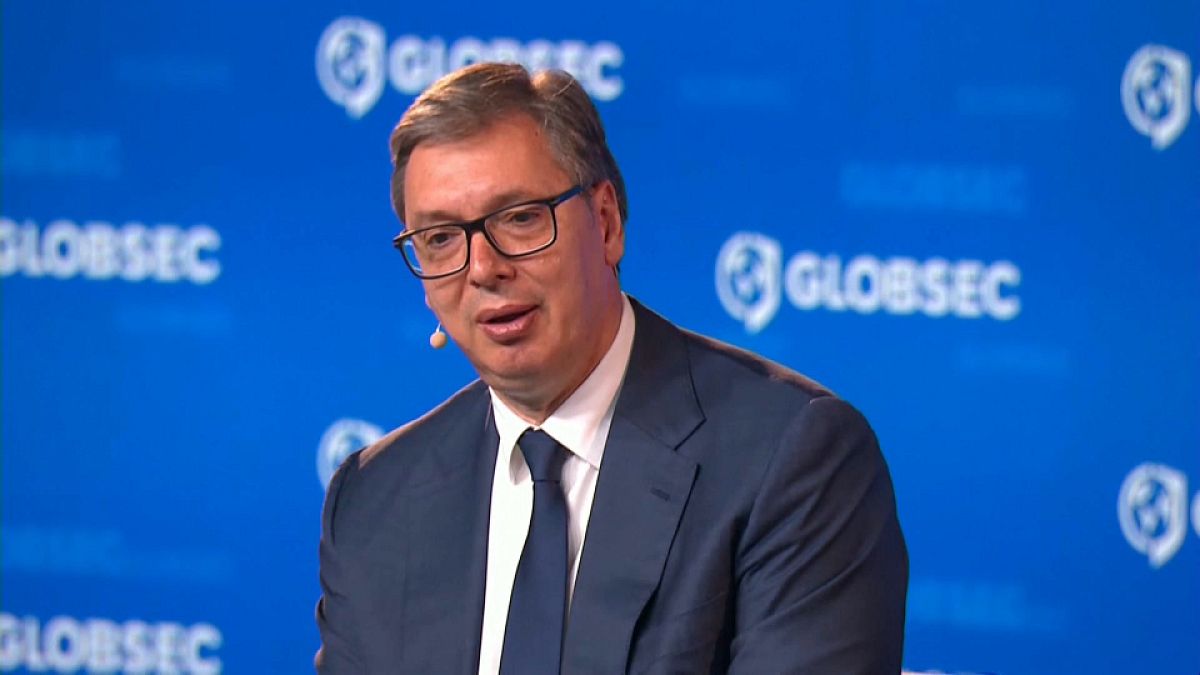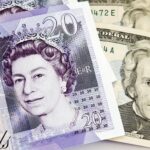At the GLOBESEC security conference in Prague, Serbian President Aleksandar Vučić addressed the topic of his country’s relationship with Russia. He denied having close ties to Russian President Vladimir Putin and dismissed the accusation that Serbia is a “Trojan horse” for Moscow. Vučić emphasized that Serbia has always had strong ties with Russia, but that does not mean they are a puppet for Moscow. He stated that Serbia is the only European country that did not impose sanctions on Russia, a decision that has not been widely supported by other European nations. Despite this, Belgrade has repeatedly condemned Russia’s invasion of Ukraine on international platforms like the UN General Assembly.
Serbia’s resistance to imposing sanctions on Russia has caused some tension with the EU, as the bloc has been advocating for a united front against Moscow. Unlike other EU candidate countries like Montenegro, Serbia has refused to align with the EU’s stance on this issue. Although Vučić acknowledged the pressure to follow the Council of the EU and adopt sanctions, he highlighted the economic impact it has had on the country. Five years ago, 30% of Serbia’s tourism revenue came from Russia, making it a difficult decision for the government to go against its economic interests. Despite this, Serbia remains committed to standing by its principles, even if it means going against the majority of European countries.
During a conversation with European Commission president Ursula von der Leyen, Vučić expressed his doubts about Serbia becoming an EU member state by 2028. He cited various issues, including differing interests between Serbia and the EU, as well as the lack of progress in key areas like rule of law and democratic reforms. These are essential preconditions for EU membership, along with aligning foreign policies with those of the EU. Vučić admitted that Serbia still has a long way to go in meeting the requirements for EU accession and predicted that it may not happen before 2030. The slow progress towards EU membership has raised concerns about the political situation in Serbia, with critics pointing to democratic backsliding and increasing authoritarianism under the Vučić government.
Protests in Serbia last year highlighted growing dissatisfaction with the government, with demonstrators expressing concerns about corruption, authoritarianism, and links to organised crime. The Freedom House report ranked Serbia’s political rights score at 18 out of 40, placing it in the partly free, hybrid regimes category with a tendency towards authoritarianism. These protests underscored the challenges facing Serbia in its path towards EU membership, as democratic reforms and rule of law remain areas that need significant improvement. The Vučić government will need to address these issues and align its policies with EU standards if it hopes to gain approval for accession in the coming years.
Despite the obstacles facing Serbia on its journey towards EU membership, Vučić remains optimistic about the country’s future. While acknowledging the challenges ahead, he emphasized the importance of maintaining Serbia’s sovereignty and standing by its decisions, even when they are not popular with other European nations. Vučić’s commitment to upholding Serbia’s principles and interests, even in the face of criticism from the EU, highlights the complexities of the country’s position in the region. As Serbia navigates its relationship with both Russia and the EU, the coming years will be crucial in determining the country’s path towards European integration and its role on the international stage.











